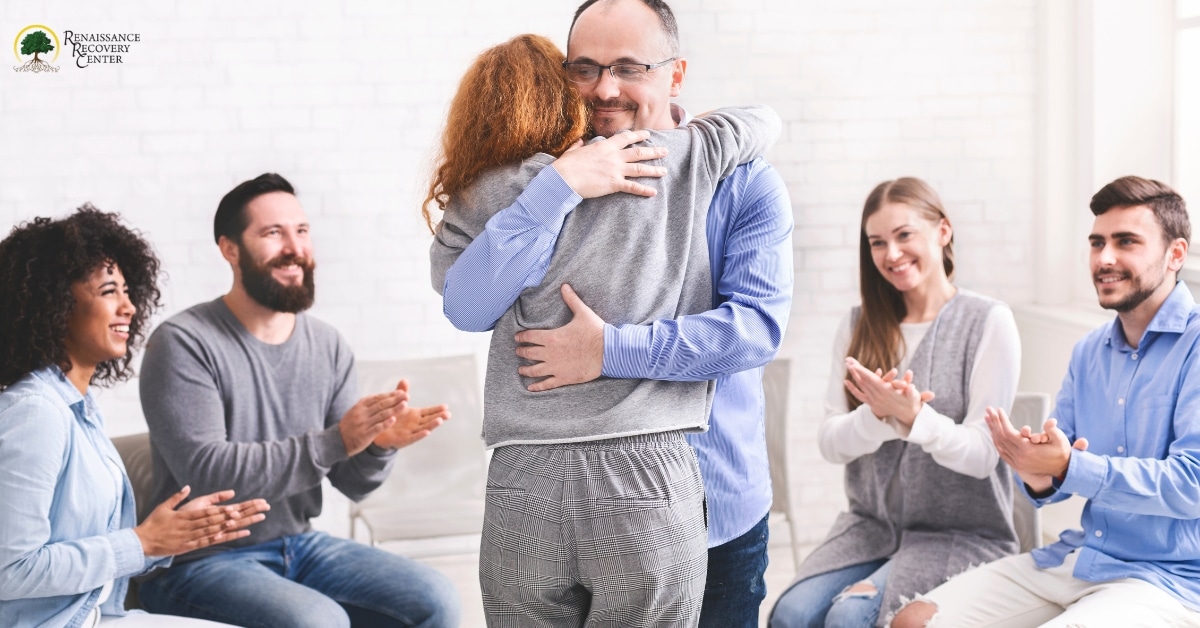Watching a loved one struggle with addiction can be an absolutely trying experience. Seeing someone that you care so much about feel their lives slip beyond what they can control on their own is an experience that few people can understand until they've seen it happen. However, these times in life are not the times to wallow in despair. Instead, realize that this is the time in life where this person that you love needs you now more than ever. In order to end the epidemic of addiction, we must all do our part in helping the people we care about in the recovery process, and that means doing whatever we can to prevent a relapse. Here is some information on how to do just that...
Remove triggers from your life
The first, and most obvious, thing that must be done to prevent a relapse is to remove any stimuli in your life that can be triggering. This may include going to certain events that might have a presence of alcohol or other substances, as well as making sure your home is free of anything that could be used in service of illicit drug use. At the same time, it’s important to note that sometimes the most triggering things are emotional or stressful moments. Trying to keep a home that is relaxed and calm can help provide the environment that a person needs to take this challenging, but completely achievable, journey to recovery.
Be patient
Another incredibly important thing to remember is to be patient. What your loved one is going through during this time is a difficult experience that is working against every fiber of self control that they have. They may not be perfect, and will probably stumble at least once on this journey. However, this should not be a cause for anger. It should be a time for a deep breath, and a hand extending to beckon them back onto their feet. Failing to level out your own negative emotions in this experience could serve as a point of contention, and will work against the environment that you’ve created to help them get better.
Get support from friends and loved ones
At the end of the day, realize that you don’t have to do this alone. You are probably not the only person who hopes that your loved one gets better. Friends and family are there to help, and having such a personal support net of people will keep you from getting overwhelmed, as well as remind addicts that there are other people who love them and need them to get better.









